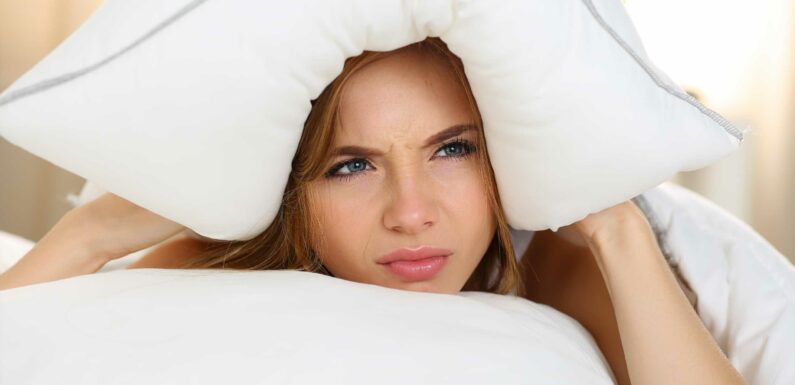
IF you struggle to nod off at night, you're not alone.
Around a third of all Brits struggle to fall asleep, according to the NHS.
To add to sleep anxiety, several new studies have revealed some of the health risks of late nights.
One paper, presented at the European Society of Cardiology, found that seven in 10 heart attacks or strokes experienced by those over 50 could be prevented if everyone got “a decent night’s sleep”.
While another study from the University of California, Berkeley showed that losing just one hour’s sleep a night could dampen down the part of the brain that encourages social behaviour, making us more selfish and irritable.
However, a sleep test, devised by the NHS can diagnose your sleep issue and provide you with tips to help you nod off.
Read more on sleep
Brits with insomnia miss out on top sleep aids not on the NHS
From strokes to heart attacks – the 4 ways insomnia can be deadly
Firstly, the test will ask you questions on the quality and length of your sleep, to find out what snooze issue you might have.
It will then tell you whether you should see your GP and provide you with a list of 'practical' tips.
What is insomnia and what are the symptoms?
Insomnia is defined by the NHS as "difficulty getting to sleep or staying asleep for long enough to feel refreshed the next morning".
The symptoms of insomnia include difficulty dozing off, lying awake for a long time at night, waking up several times every night and not feeling refreshed when you get up.
Most read in Health
Cause of nasty hacking cough that's plaguing Brits revealed – 6 ways to ease it
From dodgy deliveries to leaky roofs – the 10 biggest stresses of life revealed
Warning as bacon & sausages 'increase your risk of silent killer by a third'
I was branded a tomato by a bully and called ugly – but now I've found a cure
In spite of their tiredness, sufferers may also find it hard to nap in the day, and may struggle to concentrate or become more irritable than usual due to their lack of sleep.
For some people, occasional bouts of insomnia will come and go, while others could have it for months or even years at a time.
What causes insomnia?
It is not always clear what causes insomnia, but stress and anxiety are common triggers.
A poor sleep environment, like an uncomfortable bed or a noisy bedroom, could also be a cause.
Otherwise, lifestyle factors like jet lag, shift work or boozing before bed can stop you getting a good night's sleep.
And, for others, physical and mental health conditions are behind their lack of sleep.
What sleep aids are there to beat insomnia?
If you have insomnia, some simple tricks to get back into a normal sleep routine may help first.
The NHS advises that insomniacs could try the following to help get a good night's sleep:
- Set regular times for going to bed and waking up
- Relax before bed time – try taking a warm bath or listening to calming music
- Use thick curtains or blinds, an eye mask and earplugs to stop you being woken up by light and noise
- Avoid caffeine, nicotine, alcohol, heavy meals and exercise for a few hours before going to bed
- Don't watch TV or use phones, tablets or computers shortly before going to bed
- Avoid napping during the day
- Write a list of your worries, and any ideas about how to solve them, before going to bed to help you forget about them until the morning
Read More on The Sun
I’m a speed camera officer… here are three myths drivers always get wrong
You’re charging your iPhone wrong – how to make it charge much faster
Source: Read Full Article








